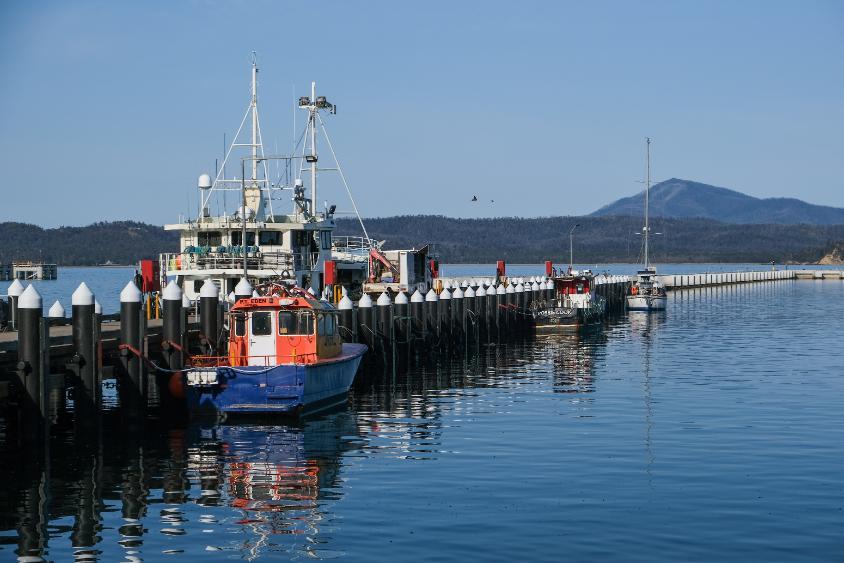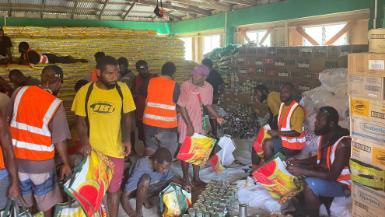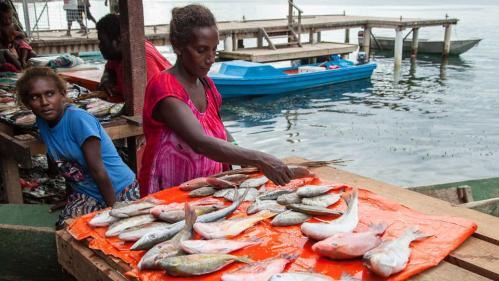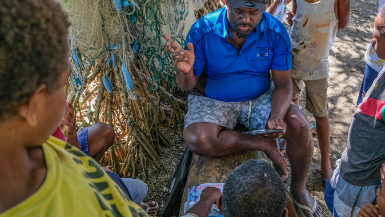Working to identify recommended approaches to improve food outcomes from fisheries and aquaculture, as well as specific actions to enable a food-based approach to management
Aquatic foods play an important role in global food systems, yet the management of fisheries and aquaculture is predominantly focussed on economic and environmental outcomes. On a global scale, nutrition is generally not identified as an objective in fisheries management policies, and where it is, the objectives tend to prioritise increasing availability as the sole mechanism to improve food security and nutrition.
This research is funded by the Australian Research Council (ARC) (project ID DE230100069).



